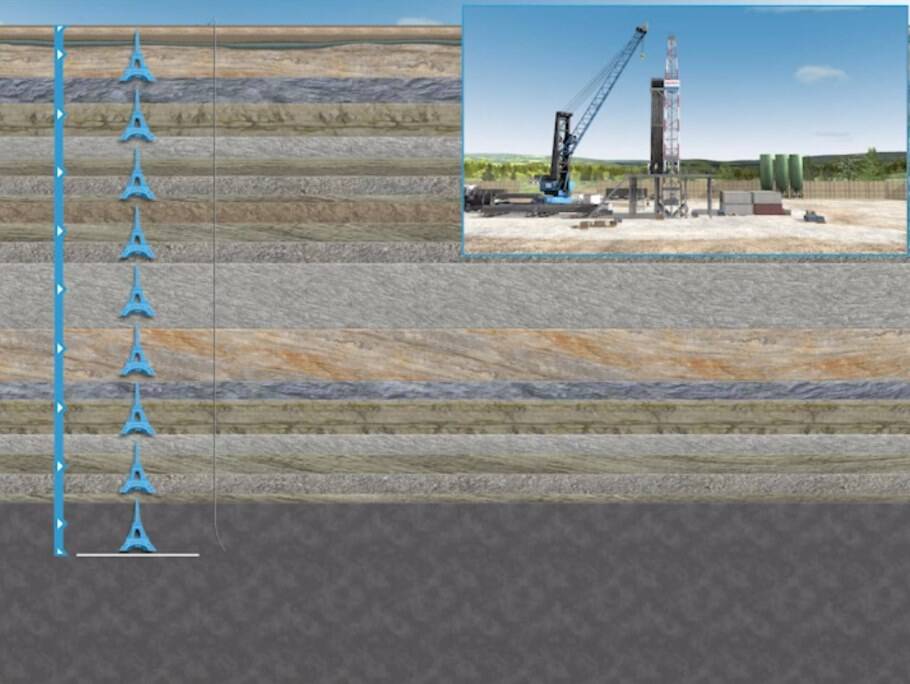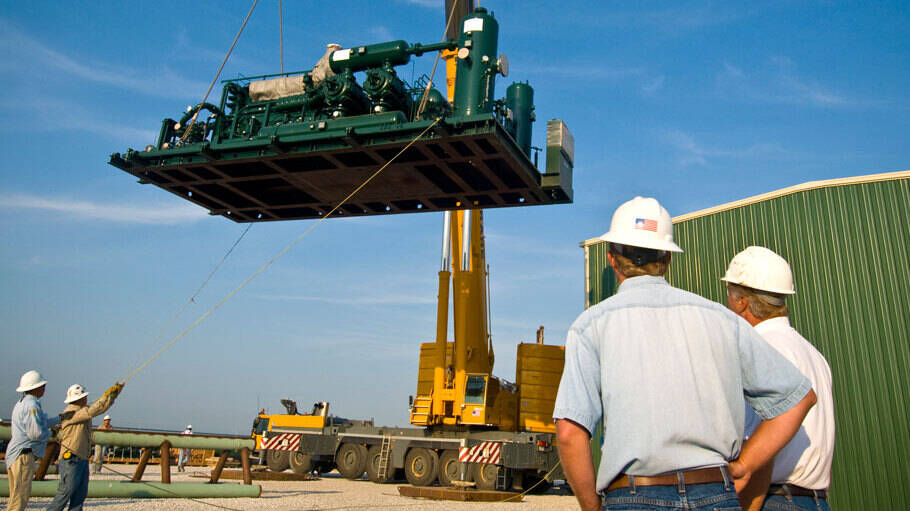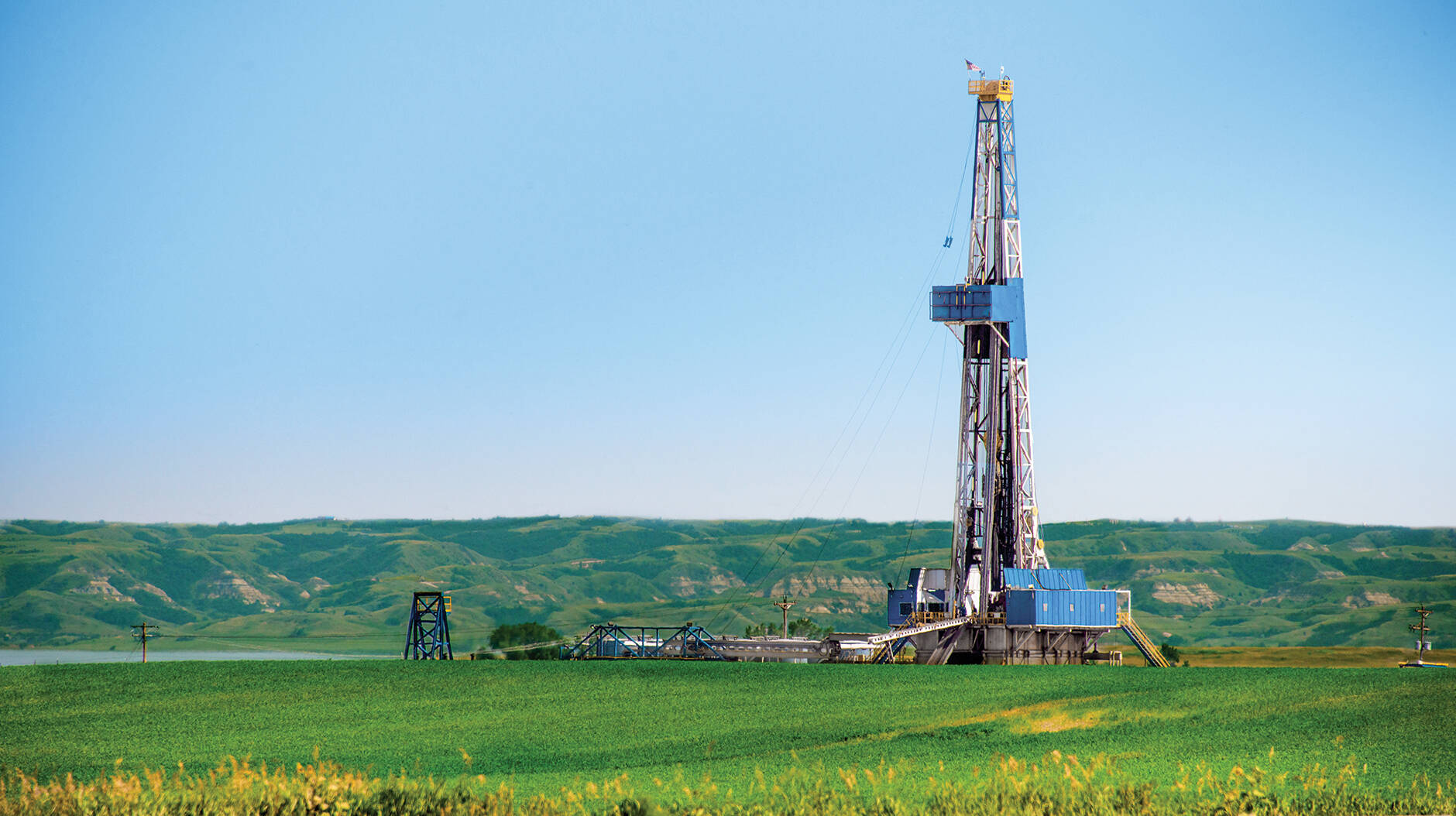selected item
Article
Benefits of natural gas and oil
Natural gas offers reliable, flexible power generation with significantly reduced CO2 emissions at a competitive price, making it a long-term solution to meeting the world’s future energy needs.
Article
Economic
The revolution in energy production brought about by the rapid growth of unconventional gas and oil development in the United States has generated widespread economic benefits.
The result has been increased economic prosperity, a revitalized manufacturing sector, improvement of millions of lives through direct and indirect employment and lower energy costs, new sources of government revenues, and strengthened energy security for the nation.
Other benefits exist which cannot be measured with hard numbers. For example, the industry’s support for millions of jobs enables workers to have better access to health care for themselves and their families. Similarly, new or renewed economic vitality in a location or region can reduce the societal risks associated with economic distress.
Energy demand
All of the world’s energy sources will be needed to meet rising demand to 2040, but there will be a marked shift toward cleaner fuels, particularly natural gas.
For example, until this century, energy producers had not yet figured out how to economically tap the vast amounts of oil and natural gas that were known to exist in shale and other “tight” rock formations. But by 2040, these unconventional and other technology-driven sources of oil and gas are expected to meet about one-fifth of the world's energy needs.
Natural gas is projected to continue to expand rapidly – surpassing coal as the world’s second-largest fuel in about a decade. We expect 40 percent of the projected growth in global energy demand from 2014 to 2040 will be met by natural gas.
Globally, natural gas is playing an increasingly important role in fulfilling energy demand. Natural gas has been proven as a reliable and cost-efficient energy source for power generation, and it is expected to be the fastest-growing major fuel source of the next two decades.
Environmental
Natural gas is produced by the breakdown of organic materials deep underground. It can help meet the demand for cleaner energy in many sectors, including the growing demand for power generation.
As a result of the growing role played by natural gas in generating electricity, our air is getting cleaner and the country has lowered greenhouse gas emissions to levels not seen in two decades.
Lower emissions
Natural gas is the cleanest burning fossil fuel, and less carbon intensive than other fossil fuels. Natural gas can reduce CO2 emissions by up to 60 percent compared to coal when used to generate electricity. Natural gas development through hydraulic fracturing has brought about significant greenhouse gas reductions in the United States. Over time, the potential deployment of new technologies like Carbon Capture and Storage (CCS) could continue to improve the environmental advantages of natural gas.
Reduced surface footprint
The development of unconventional resources also can bring substantial reductions in operational surface footprint. Horizontal drilling and directional drilling allow drillers to consolidate gas wells onto one small pad site – resulting in as much as a 90 percent reduction in overall surface presence. By confining production to one pad site, operators are also able to reduce the number of access roads and pipelines needed to service wells.
Related content

What are unconventional resources?
In unconventional oil and natural gas development, the oil and gas is found in low permeability reservoirs.
Article

Horizontal drilling
Article

Well construction and integrity
A properly designed and constructed oil and gas well is essential to protecting the water table and ensuring successful production.
Article

Phases of natural gas production
Before any wells are drilled, extensive surveillance is done to study the locations of the underground natural gas reservoir and the nature of the local topography, so as to ensure minimal impact of operations on the local community.
Article
